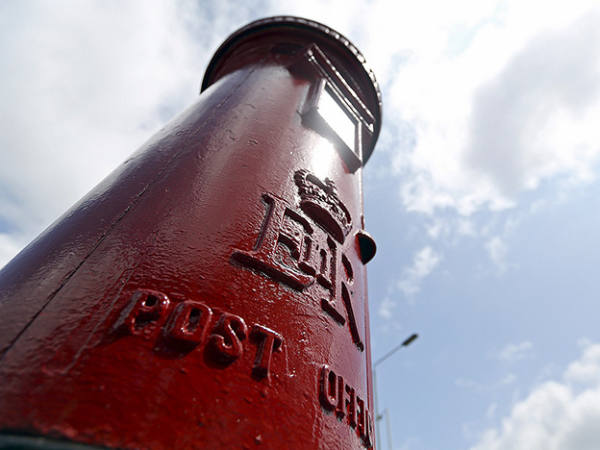To see the issue, remember what a current account deficit is. It means that the UK is a net borrower from overseas.
Or to put it another way, foreigners are net lenders. This gives us a clue as to why the deficit might not matter. Their net lending reflects long-term structural forces: the savings glut in Asia and Europe's desire to save to rebuild households' balance sheets since the financial crisis and to prepare for the ageing population. If some people are desperate to save, others must borrow. The UK's external deficit might therefore be like government borrowing in the face of private sector deleveraging - a reasonable response to the fact that some people want to save.
What's more, foreigners are lending to the UK on reasonable terms. The gaps between 10-year gilt yields and their US and German equivalents have narrowed in the past 12 months. Granted, sterling has fallen and UK equities have underperformed global ones. But this tells us that investors have become slightly more worried about UK growth - hence the shift from equities to gilts - not that foreigners are reluctant to hold UK assets generally.
Nevertheless, three things suggest we should be concerned. One was pointed out back in 1980 by Charles Horioka and Martin Feldstein. They noted that current account deficits tended to be small: countries tend not to borrow very much for very long. The mere fact that a deficit of just 7 per cent of GDP represents record UK borrowing tells us this. Finance isn't as mobile across borders as you might think. This warns us that there are barriers to the UK's ability to borrow on good terms - one of these is the home bias: investors' preference for domestic assets they feel familiar with.
Secondly, the UK's dependence upon foreign finance means that we must remain attractive to foreign investors.
It is, of course, trivially true that the balance of payments must balance, that a current account deficit must mean a capital account surplus - a net inflow of capital in the broad sense of deposits with UK banks, or net buying of UK bonds, equities, houses and factories. The question is: at what prices will this inflow occur?
And, at least, one thing could make foreigners more reluctant to buy UK assets - the uncertainty that Brexit would cause. As the Bank of England warned recently: "Heightened and prolonged uncertainty has the potential to increase the risk premia investors require on a wider range of UK assets." That means lower share prices, higher bond yields and higher borrowing costs.
Thirdly, even if foreigners do want to continue to lend to us, we might not want to borrow. As I said last week, anything that dampens households' expectations for future incomes might reduce their willingness to borrow and spend.
One big fact tells us to take these fears seriously. It's that since 1972 - when exchange rates began to float - there has been a significant correlation (of 0.4) between the UK current account balance as a share of GDP and subsequent five-year growth in GDP. Big deficits have led to slower growth.
The current account deficit might not be an immediate concern. But history warns us that it might well become one.










